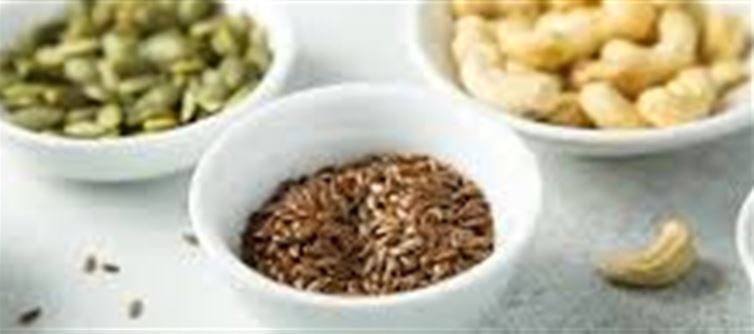
Zinc is an essential mineral that plays a crucial role in immune function, wound healing, metabolism, and growth. While meat and seafood are well-known sources, plant-based foods can also provide ample zinc for a balanced diet. Here’s a guide to the best plant-powered options:
1. Pumpkin Seeds: Tiny But Mighty
- Why it helps: Pumpkin seeds (pepitas) are rich in zinc and healthy fats.
- How to consume: Add a handful to salads, smoothies, or oatmeal.
- Bonus: They also provide magnesium and antioxidants, supporting heart and bone health.
2. Sesame Seeds
- Sesame seeds contain high levels of zinc, calcium, and fiber.
- Sprinkle them on vegetables, rice, or toast, or include tahini in dressings.
- These seeds are especially beneficial for vegans, as they provide minerals often limited in plant-based diets.
3. Sunflower Seeds
- Sunflower seeds are a zinc-rich snack that’s easy to carry.
- Incorporate into trail mixes, yogurt, or granola bars.
- They also contain vitamin E and selenium, supporting antioxidant defense.
4. Cashews and Almonds
- Nuts like cashews are high in zinc, while almonds add a fiber and healthy fat boost.
- Perfect as mid-morning snacks or salad toppings, they help maintain steady energy levels.
5. Legumes: Lentils, Chickpeas, and Beans
- Legumes are an excellent source of zinc and plant-based protein.
- Include in soups, stews, and curries for a nutrient-packed meal.
- Pair with whole grains to enhance zinc absorption, as some plant compounds can inhibit uptake.
6. Whole Grains
- Oats, quinoa, and brown rice provide moderate amounts of zinc and fiber for gut health.
- Combine with seeds or legumes to maximize mineral intake and nutrition.
7. Bottom Line
Boosting zinc naturally through plant-based foods is easy when you focus on seeds, nuts, legumes, and whole grains. A daily mix of pumpkin seeds, sesame seeds, cashews, lentils, and whole grains can help maintain immune health, metabolism, and overall vitality—without relying solely on animal sources.
Disclaimer:
The views and opinions expressed in this article are those of the author and do not necessarily reflect the official policy or position of any agency, organization, employer, or company. All information provided is for general informational purposes only. While every effort has been made to ensure accuracy, we make no representations or warranties of any kind, express or implied, about the completeness, reliability, or suitability of the information contained herein. Readers are advised to verify facts and seek professional advice where necessary. Any reliance placed on such information is strictly at the reader’s own risk.
.jpg)




 click and follow Indiaherald WhatsApp channel
click and follow Indiaherald WhatsApp channel